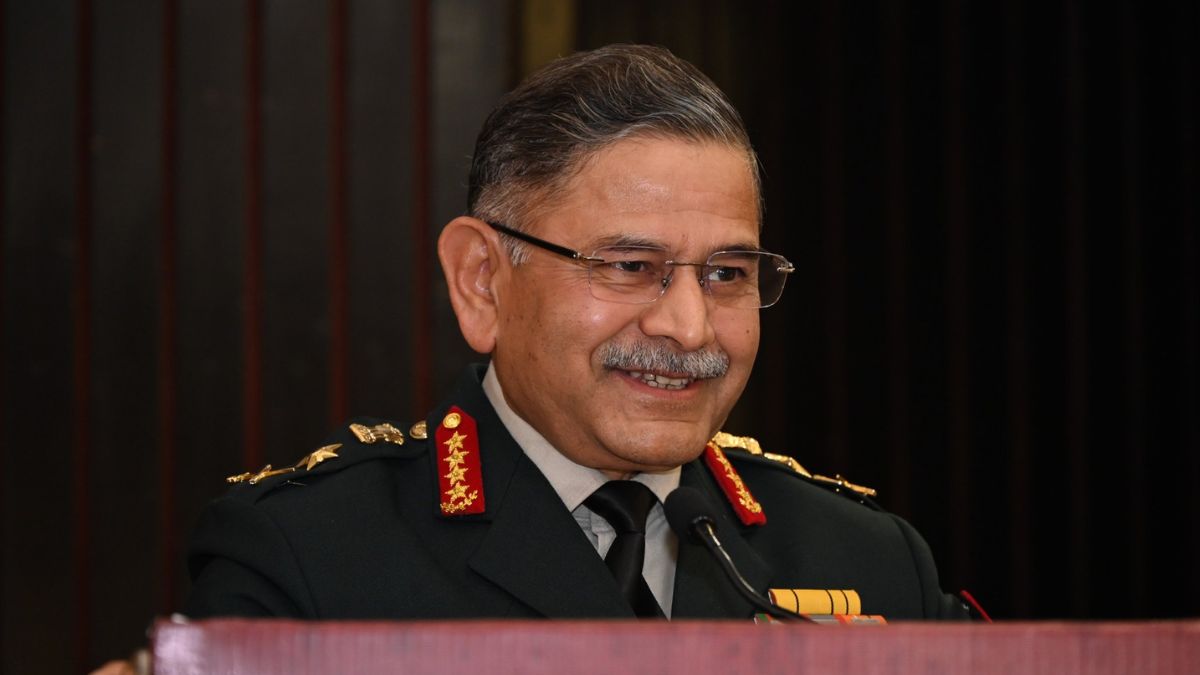Oil Shipment From US, A ‘Time-Tested’ Bond With China: How Pakistan Is Playing Diplomacy

Pakistan is set to get its first US oil shipment after Trump's "massive" oil reserves claims (Image Courtesy: Representative pic made using AI)
No matter how financially challenged Pakistan is, it seems to have cracked the diplomacy code. The country is leaving no stone unturned in bolstering its ties with two economic giants – the US and China. Just a day after Donald Trump said they have finalised a trade agreement with Pakistan to develop their “massive oil reserves”, Islamabad is set to receive its first US oil shipment.
Usama Qureshi, Vice Chairman of Pakistan’s largest refiner Cnergyico has shared that they will import 1 million barrels of US crude oil from Vitol in October. This would mark Pakistan’s first-ever purchase of American crude, expected to arrive in Karachi in October second half.
“This is a test spot cargo under our umbrella term agreement with Vitol. If it is commercially viable and available, we could import at least one cargo per month,” Qureshi told Reuters. This oil shipment, however, won’t be for resale.
How Pakistan is oiling its relations with the US?
While on the exterior, this could be passed off as a simple oil deal, the Pakistan-US oil deal could play an important role in the ties between the two countries, which might come as a worry for India. Trump, despite calling India a “friend”, imposed a 25% tariff plus a penalty. For Pakistan, however, he announced a tariff rate of just 19%.
With this, the US President also announced a “massive” oil deal with Pakistan to develop the reserves in the country. It remains unclear which reserves the president was referring to, as Pakistan currently relies on oil imports, most of which are from the Middle East, to meet its domestic demand.
US-Pakistan deal Pakistan welcomed the US trade deal, saying it would lead to lower tariffs and greater investment, though it did not specify any changes in duty structures.
What is the deal with ‘time-tested’ friends Pakistan and China?
Well, it is not just the US with whom Pakistan is playing diplomacy. Islamabad is also oiling the China friendship cycle. Pak Chief of Army Staff (COAS) Field Marshal Asim Munir on Friday (August 1) said that the “enduring partnership” between Pakistan and China will continue to play a pivotal role in regional stability.
Despite shifting strategic dynamics, the friendship between the two nations has remained steadfast and unshakable, Munir emphasised adding that the bond between the two nations is unique, time-tested, and exceptionally resilient amid evolving regional and global challenges.
It is worth mentioning here that close neighbours Pakistan and China share a longstanding strategic partnership. They have, over the decades, expanded across different sectors like trade, energy, defence and infrastructure — with the China-Pakistan Economic Corridor (CPEC) symbolising a shared vision for development.
US and China: How Pakistan is pleasing both?
Pakistan COAS Munir “reaffirmed that the Pakistan Army and the PLA are true brothers-in-arms.” He made the remarks at the 98th anniversary of the founding of the People’s Liberation Army (PLA) of China, which was commemorated at General Headquarters in Rawalpindi.
At the same time, Pakistan has also signed a big oil deal with the world’s largest economy US. It has been seeking closer ties with the Trump administration following the tariff threat, and even credited US diplomatic efforts for de-escalating recent tensions with India. Pakistan even nominated Trump for the Nobel Peace Prize.
Pakistan oil reserves: Do they really exist?
It is tough to say. For starters, take the fact that Pakistan’s largest import item currently is oil, amounting to $11.3 billion in the year ended June 30, 2025. This is nearly 20% of the total import bill. US President Trump’s remark about Pakistan’s “massive oil reserves” is difficult to substantiate.
According to the US Energy Information Administration, Pakistan had proven oil reserves of 353.5 million barrels as of 2016, which rank it 52nd globally. Considering the current consumption levels of roughly 556,000 barrels per day, these reserves would last under 2 years.







